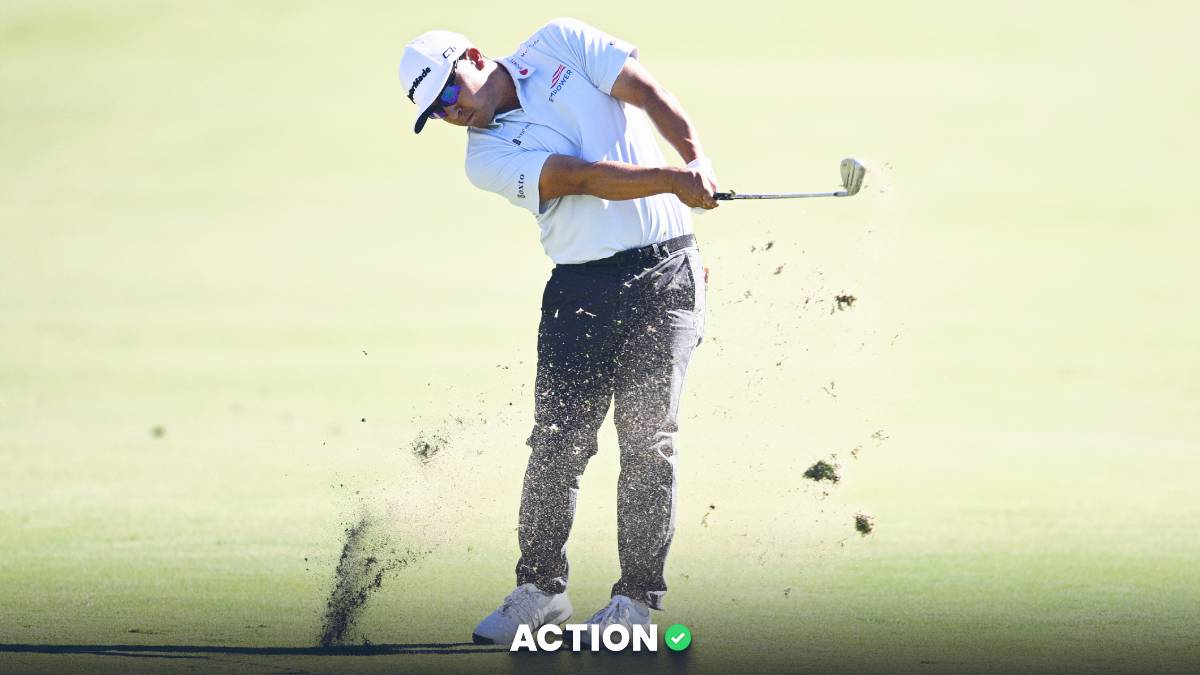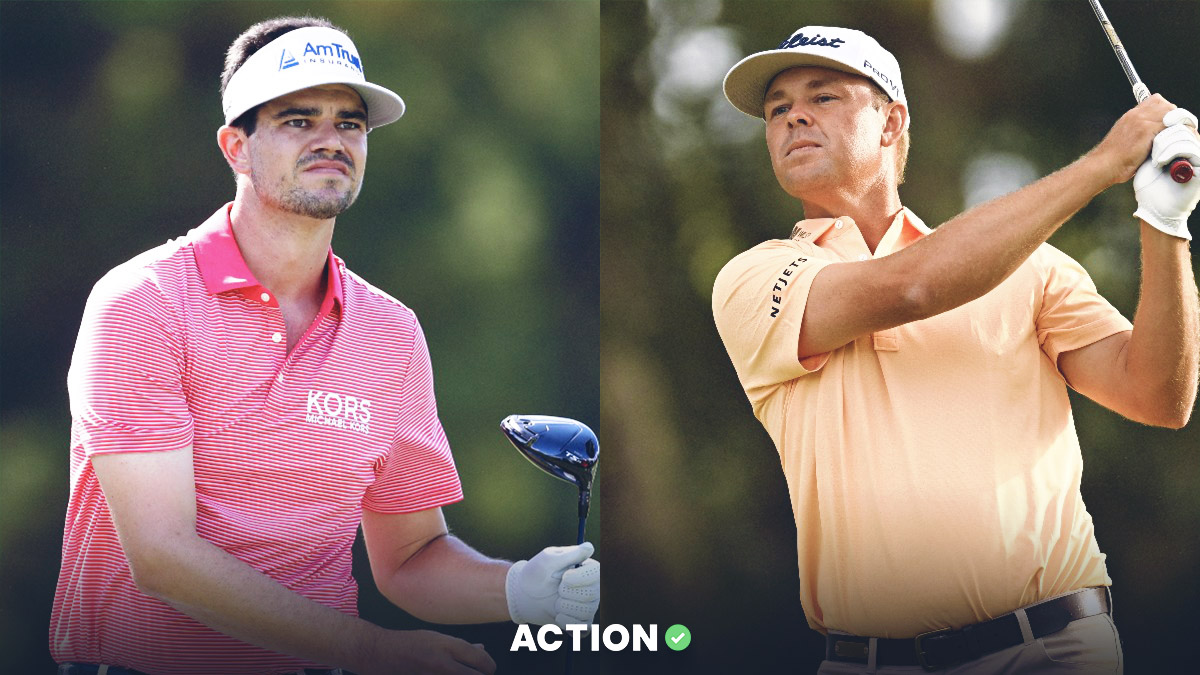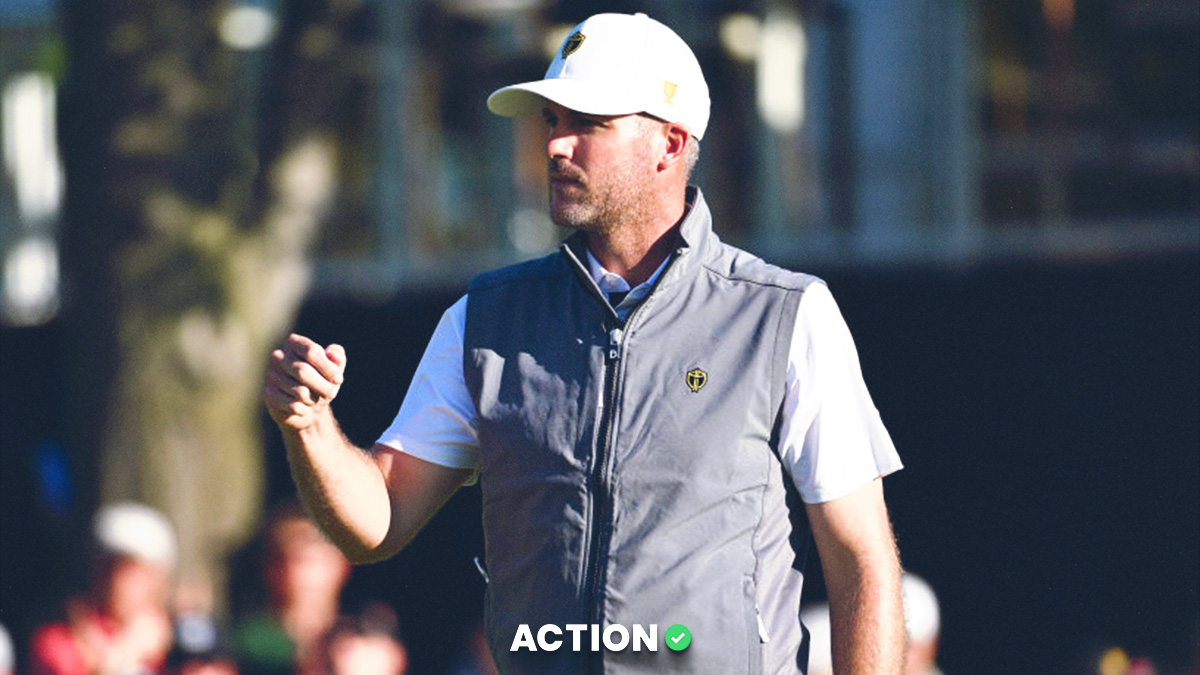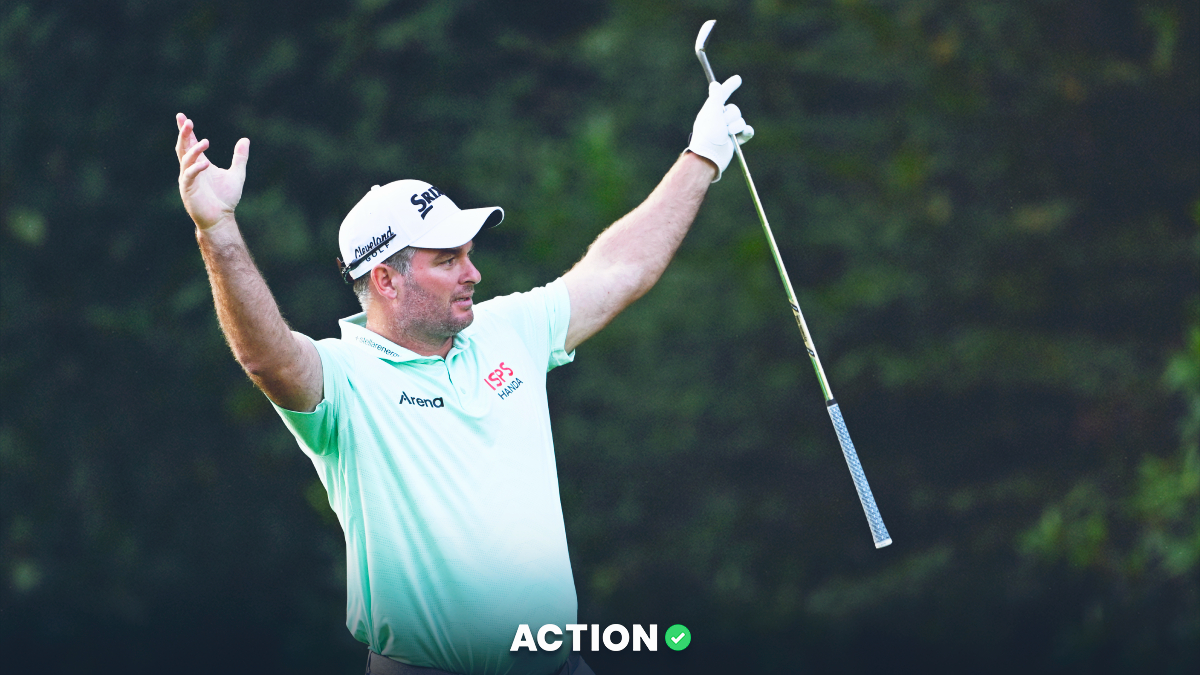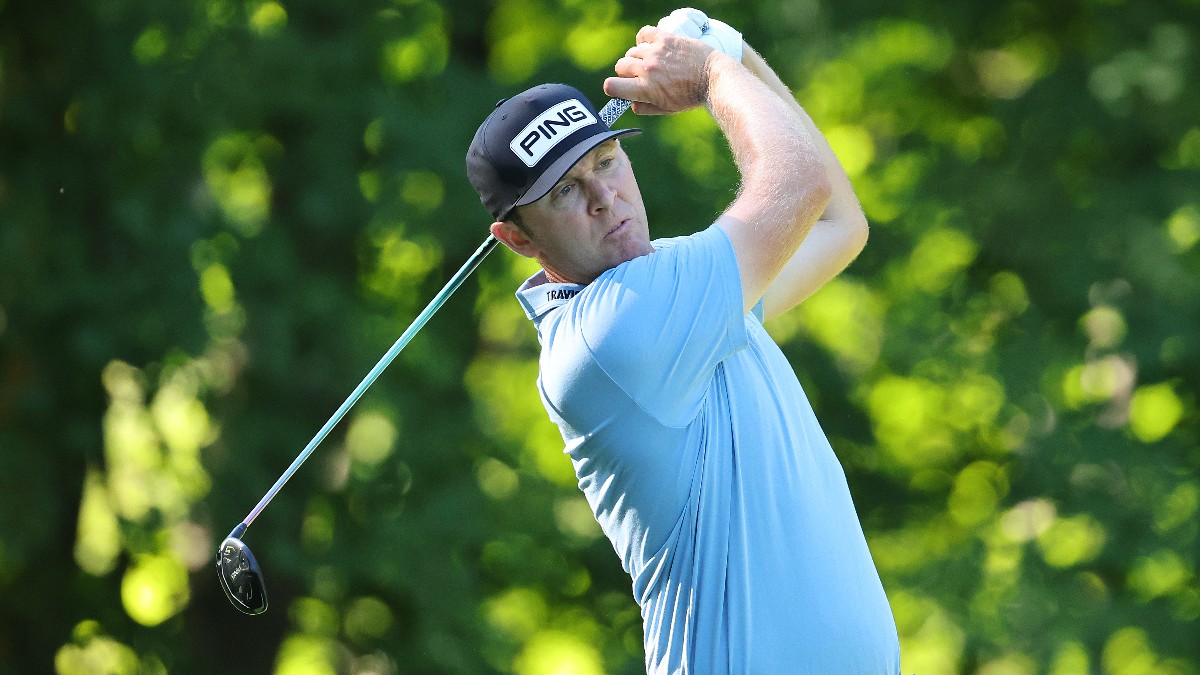Golf is for gamblers.
I don't mean this solely in the literal sense, either. Sure, most of us like to wager a few bucks when we play, but that’s not my point here.
The game requires risk. Should I aim for the middle of the green, or go for that tucked pin over the bunker? Should I lay up short of the creek, or try to bomb a 3-wood directly over it?
All of us who play — whether we're elite professionals or weekend hackers — have to constantly assess risk and determine whether it’s worth the potential reward. Playing it smart holds some inherent advantages, but channeling your inner Phil Mickelson is way more fun.
For pros, these risks extend beyond the confines of the course. Depending on a player’s status, he’s constantly weighing the options and assessing that risk.
For a mini-tour player, it might be: Should I drive 12 hours to compete in a pre-qualifier to try and Monday qualify into a PGA Tour event? The chances of success are small, but the reward is obviously huge.
For a seasoned pro, it might be: Should I take a guaranteed appearance fee to fly halfway around the world knowing it might throw off my body clock for the next few weeks? The risk might be low, but the potential impact could be damaging.
It's because of this built-in nature of golf — because at the game's very core, it's all about gambles — that turns us all into dreamers.
The weekend hacker doesn't want to aim for the tucked pin just to give himself a higher degree of difficulty. He’s thinking about that elusive first hole-in-one — and hell, if he has even a fraction of a chance, he’s going to go for it.
The mini-tour pro who drives 12 hours for a pre-qualifier doesn’t love road trips. He's allowing himself to dream about getting into that field, playing well, then realizing the domino effect that can secure a full-time job.
The seasoned pro flying halfway around the world understands that it could be a momentum-builder, possibly leading toward a major championship title.
We’re all dreamers. We all allow ourselves to think about the greatest possible outcome, like the Sunday afternoon handicapper who fills out a parlay card with 15 teams.
All of which brings me to … Q-School.
That's right, the annual grind-fest known for chewing up dreams and spitting 'em out was contested this past weekend.
Here’s a fun fact: Of the 135 players who completed all four rounds, not a single one finished over par. And here's a not-so-fun fact: None of those 135 earned a PGA Tour card this weekend.
This isn't a new story. Five years ago, the PGA Tour changed the qualification process as part of a sponsorship package it sold to Web.com: Instead of players making the direct leap from Q-School to the big leagues, they’d now only be able to qualify for Triple-A status, with privileges at stake only for the developmental circuit.
I’ve heard the argument in favor of this practice. These subscribers will insist that competing on the Web.com Tour better prepares players for long-term success. It’s a strong argument, with just one small problem: The analytics didn’t back this up.
Numbers showed that players who qualified for the PGA Tour from the minor league owned a success rate just percentage points above those who qualified via Q-School.
Now, I understand the business of this. The title sponsor of the developmental tour didn't want to be left only with those who failed to pass through Q-School. But I also think a compromise could have been reached.
Instead of 25 players earning full-time privileges at Q-School, if even just five players were guaranteed the right to compete for the next year at the highest level, it would serve an important purpose.
After all, golf is for the dreamers.
The game allows us to think of the best possible outcome, then attempt to attain it. That’s not the case with Q-School anymore. The dream is diluted, just a little bit.
Consider it a loss for the dreamers.












